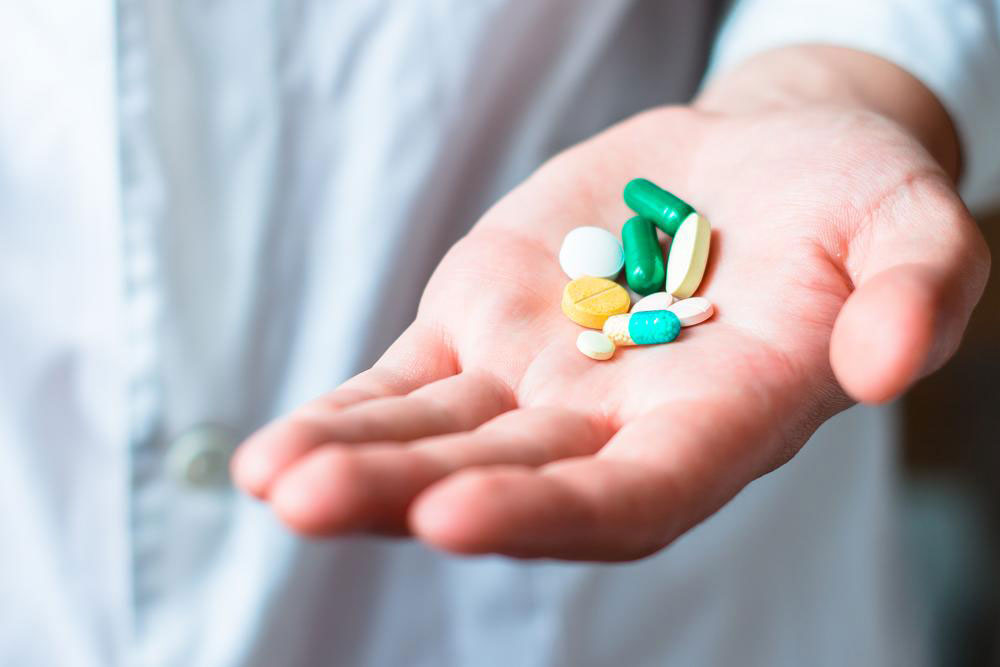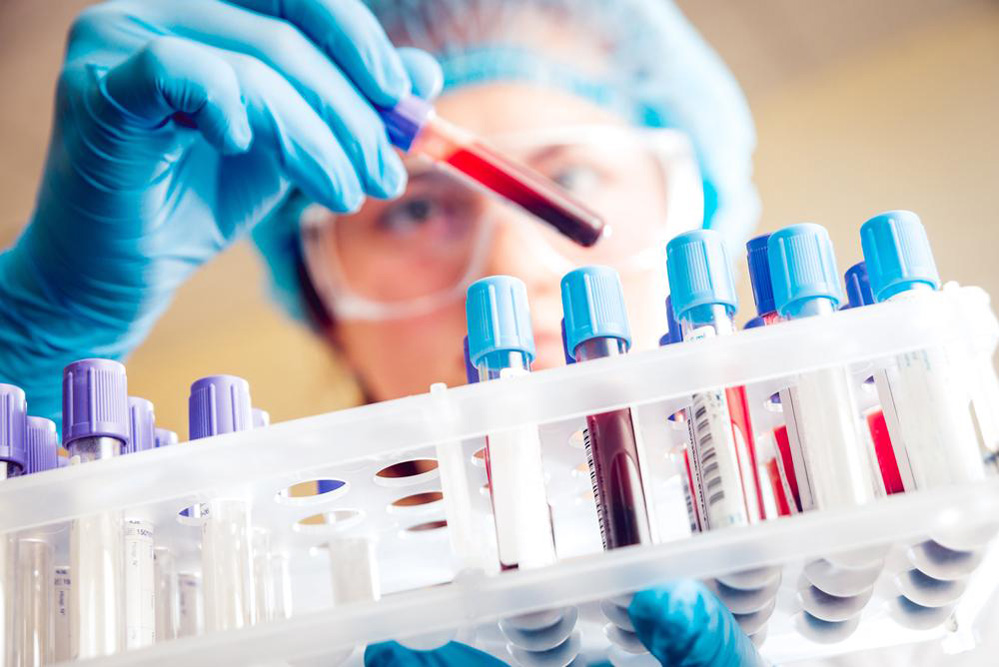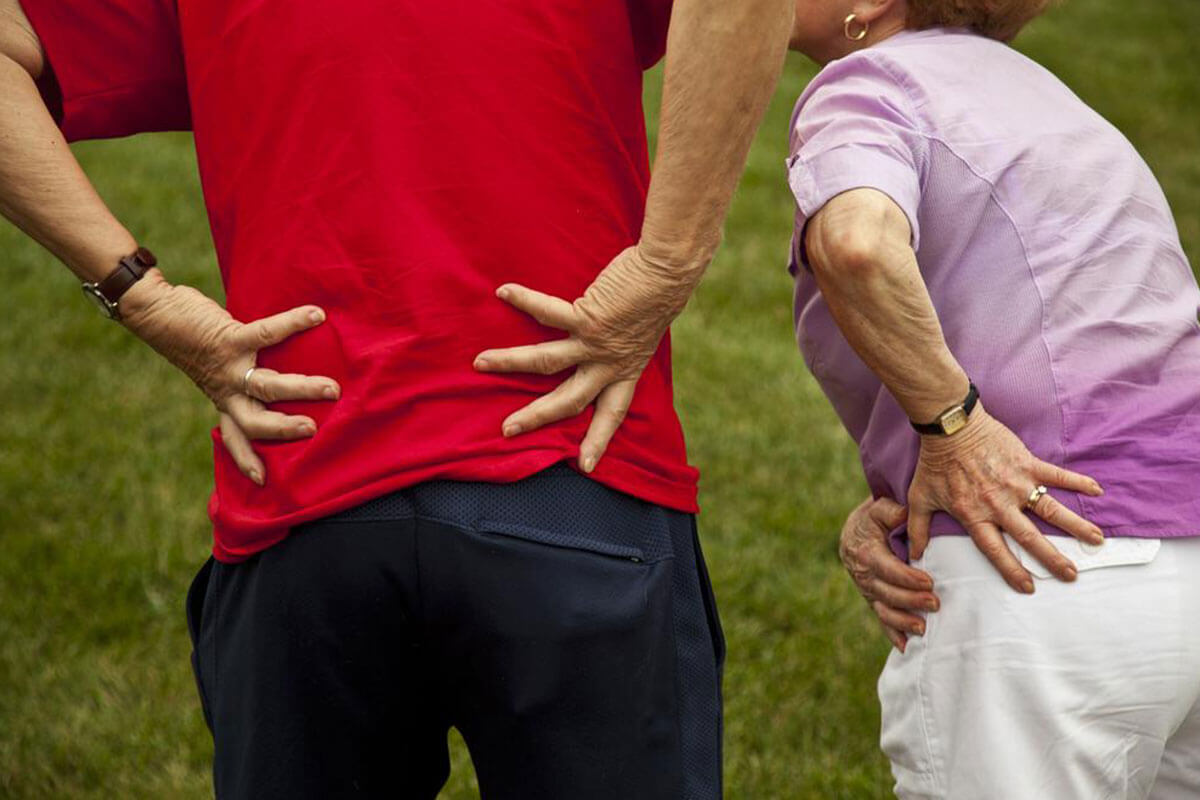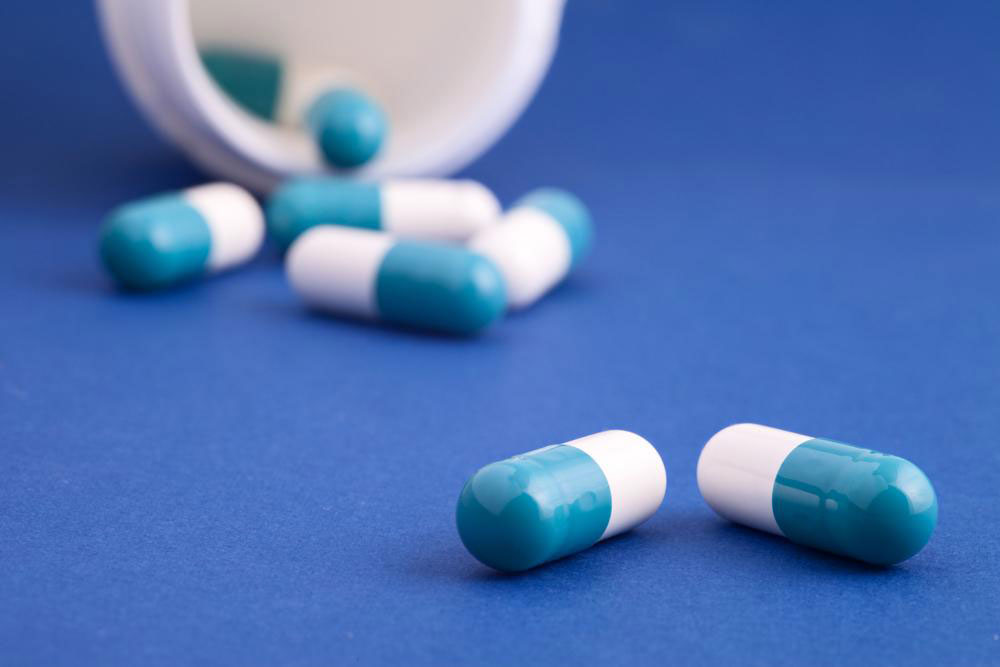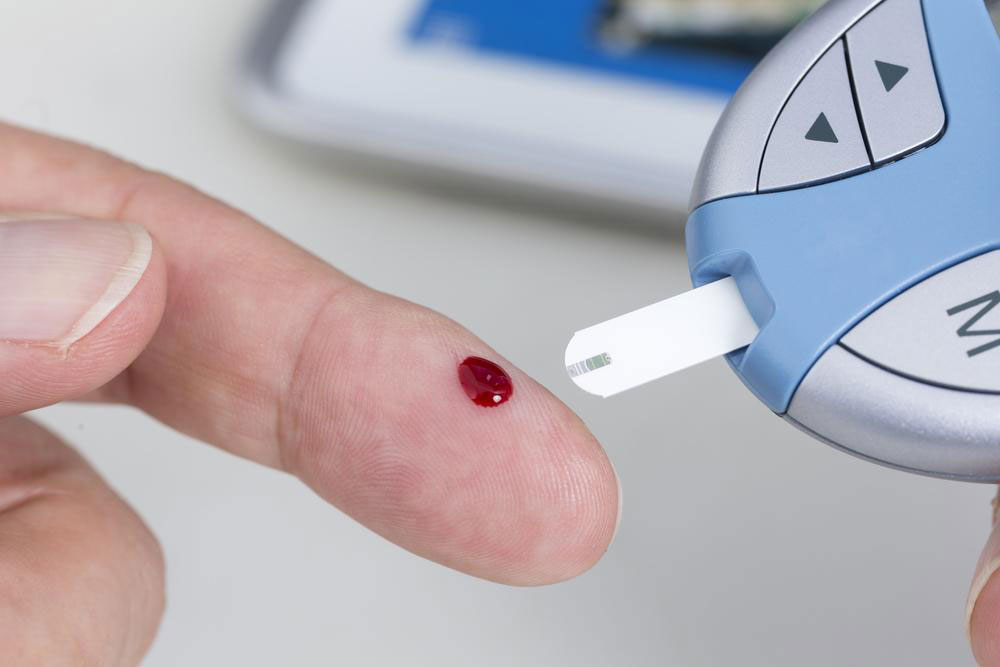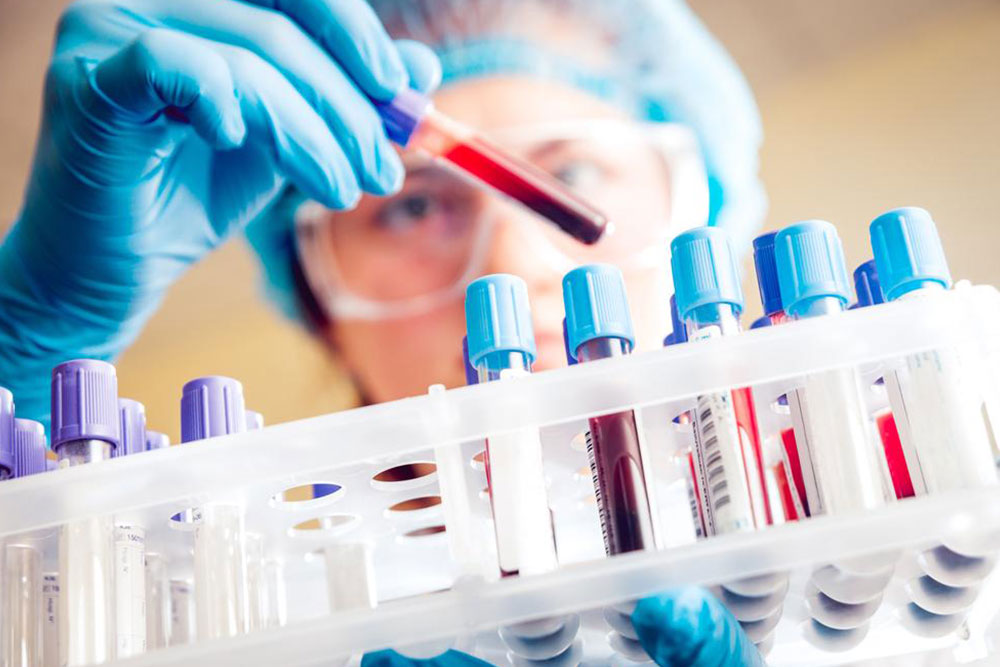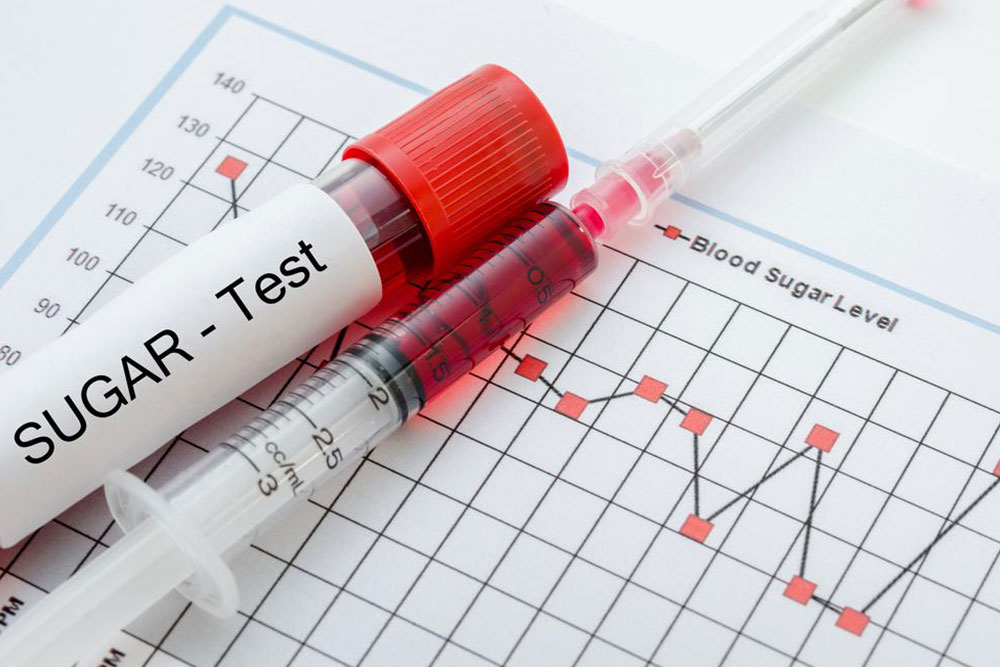Essential Safety Guidelines While Using Anticoagulant Medications
Learn vital safety tips for managing blood thinner medications, including precautions during physical activity, dietary considerations, and emergency preparedness. Follow medical advice closely to prevent complications and ensure safe medication use.
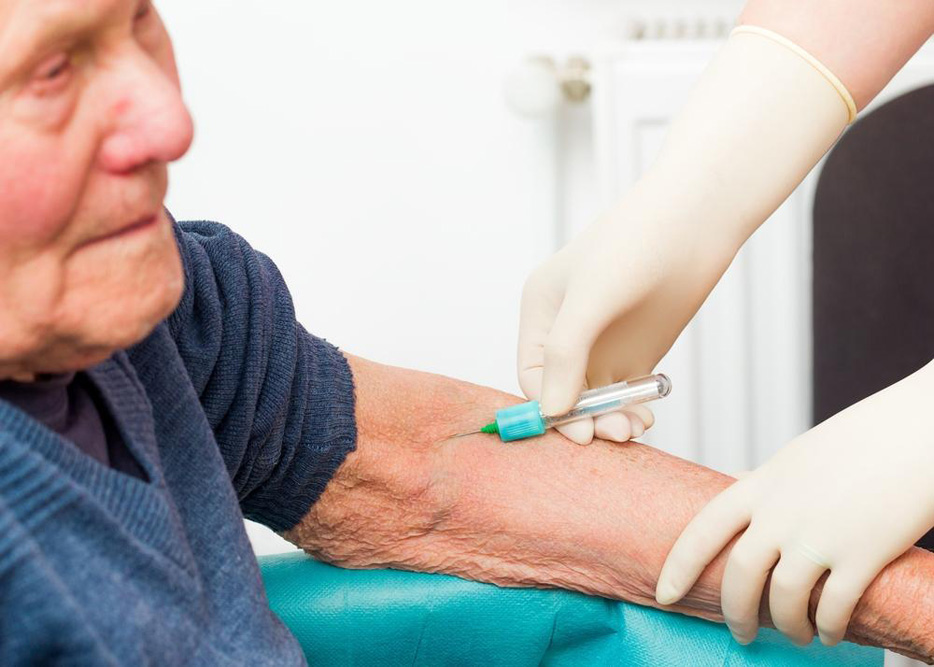
Essential Safety Guidelines When Using Anticoagulant Drugs
Anticoagulants, commonly known as blood thinners, help prevent blood clots in the heart and blood vessels, reducing the risk of strokes and heart attacks. However, these medications slow down the body's healing process after injuries. Therefore, individuals on anticoagulants should exercise caution during physical activities such as swimming, running, or sports, and avoid risky adventure sports. Wearing protective gear like helmets is essential, and immediate medical consultation is necessary following any fall or injury, even if externally minor, to check for internal bleeding. Following medical advice strictly is crucial for safety.
Key precautions include:
Stick to your schedule: Take your medication at the same time daily. Use reminders or alarms to avoid missed doses. If you forget, consult your doctor for guidance.
Consult your doctor before any medication: Before taking over-the-counter drugs, vitamins, or supplements, seek medical advice, as some can interfere with anticoagulants and increase bleeding risk.
Handle sharp objects carefully: Be cautious with knives, razors, or scissors to prevent cuts that could lead to excessive bleeding. Apply pressure if cut and seek medical attention if bleeding persists.
Monitor Vitamin K intake: Talk to your healthcare provider about foods high in Vitamin K, like leafy greens, which can affect medication efficacy.
Maintain good dental hygiene: Use a soft brush and gentle flossing to prevent gum injuries. Inform your dentist about your medication before procedures.
Observe for side effects: Contact your doctor immediately for symptoms such as unexplained bruising, bleeding gums, dizziness, vomiting, heavy menstruation, blood in urine or stool, or severe headache.
Be prepared for emergencies: Carry a first aid kit, including bandages and bleeding control powder. Wear a medical bracelet indicating blood thinner use and keep emergency contact information ready.

